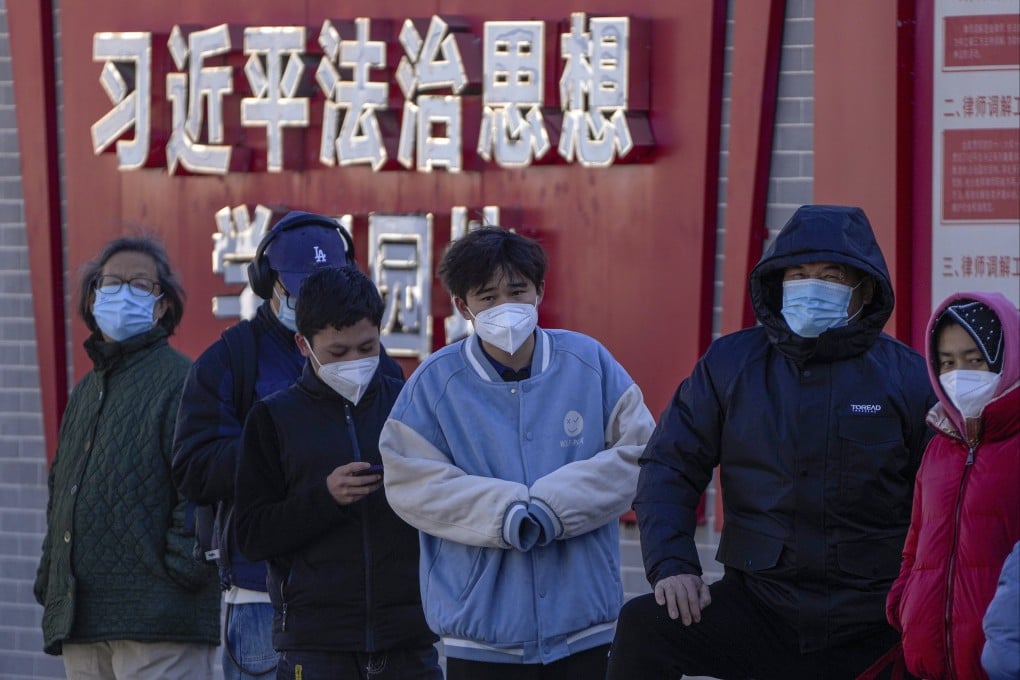My Take | Pragmatism, not ideology, is driving China’s new Covid controls and property policy
- China’s shift in Covid-19 policy, albeit a bit late, shows that reality, not ideals, dictate Beijing’s policy agenda
- The unwinding of China’s pandemic controls is set to gather speed, and an opening of the Hong Kong-mainland border could happen before Spring Festival

China’s tweaks to its pandemic response and property market policies have shown that pragmatism, the governing principle instilled by Presidents Deng Xiaoping and Jiang Zemin over decades, still trumpets ideology when it comes to policy-making.
Some China watchers may cite the increased appearance of ideological phrases in the 20th party congress report to conclude that Beijing is ditching pragmatism and returning to Mao Zedong’s days of drafting policies based on ideals and visions. Such arguments might be hasty and risk diverging from China’s reality.
It should be noted that phrases such as “communism” and “Marxism” have always been used in Chinese documents and textbooks since the founding of the People’s Republic in 1949. But the specific interpretations and implications have changed.
The overriding priority for Beijing and China now is their own development, while the lofty revolutionary dream of planting red flags across the globe is already a distant memory.
China’s continued emphasis on ideological labels such as “socialism” is defensive in nature, its purpose being to maintain its political and economic system and to keep growth on track.
It is in China’s political tradition to attach an ideological label to practical goals. When Deng threw out “class struggle” from China’s policy book and replaced it with reform and opening-up, he told the party and the country that it is the right way to sustain and develop socialism.
In a similar fashion, when Jiang allowed capitalists to join the Communist Party in one of the most controversial readings of Marxist classics, he said it was the right way to reenergise the party.

